
Superminds
The Surprising Power of People and Computers Thinking Together
Recommendation
Can people harness the power of collective intelligence to solve the world’s most intractable problems? What does the “global mind” look like? Will AI take away jobs? Thomas W. Malone, founder of the MIT Center for Collective Intelligence, provides a fascinating portrait of a future in which the collaboration of human and artificial intelligence will transform society’s “hierarchies, democracies, markets, communities and ecosystems.” Offering scope and insight in engaging, accessible language, Malone imagines a global mind encompassing all other “superminds” and articulates humanity’s deepest connections.
Summary
About the Author
Thomas W. Malone is the Patrick J. McGovern Professor of Management at the MIT Sloan School of Management and founding director of the MIT Center for Collective Intelligence. He also wrote The Future of Work.







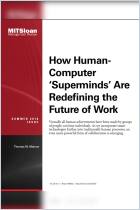
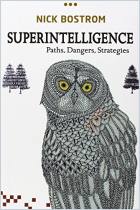

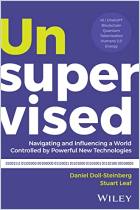

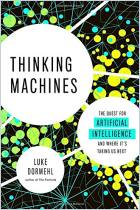
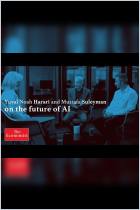





Comment on this summary or Démarrer une discussion